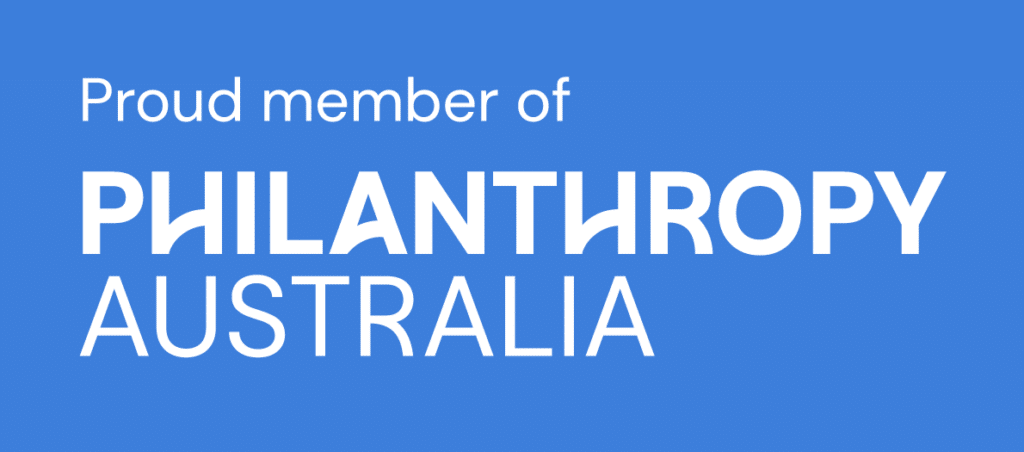What is dialectical behaviour therapy?
Dialectical Behaviour Therapy (DBT) is often used to treat substance misuse issues amongst young people. It is a highly effective, evidence-based model of treatment.
This form of therapy takes a multi-pronged approach, blending mindfulness and meditation with Cognitive Behavioural Therapy (CBT), interpersonal skills training to promote healthier relationships, managing emotions and distress tolerance.
It is also commonly used to treat complex mental health issues like suicidal thoughts and behaviours and Borderline Personality Disorder.
Watch: Psychologist Sarah Green explains dialectical behaviour therapy
Watch Triple Care Farm’s former senior psychologist Sarah Green explain dialectical behaviour therapy and how she uses it when working with young people.
Why does dialectical behaviour therapy work well with addiction?
Dialectical Behaviour Therapy is all about “wiring a new routine into the brain. It’s an opportunity to choose a different way to behave to triggers,” Green says.
This is why DBT is particularly effective in treating addiction. Young people learn to ‘ride the wave’ of their urges by focusing on mindfulness and the present moment.
How does Triple Care Farm use dialectical behaviour therapy?
Triple Care Farm uses dialectical behaviour therapy in a holistic way. All staff members have DBT training, including life skills trainers, youth workers, case managers and even sport and recreation workers.
DBT is integrated into the program in diverse ways, including roleplays, practising present moment awareness in conversations, learning to cook and even playing Celebrity Heads. Green explains, “We try to make it fun”, so that the therapy is approachable for young people.
What does a young person's treatment plan at the Farm look like?
More traditional DBT methods are used during the residential programs, such as mandatory groups and optional one-on-one sessions with a counsellor.
Young people can regularly meet with their chosen counsellor and integrate other therapies like art therapy and motivational interviewing.
DBT is also taught in skills training workshops. For example, if a student is struggling with filling out a maths workbook, this is used by staff as an opportunity for distress tolerance training.
An innovative model
Triple Care Farm is one of the only rehabilitation centres in Australia to use DBT. In particular, the use of DBT to treat young people battling with substance misuse issues makes TCF a pioneer in its field.
Students continue to use practical DBT skills in their everyday lives after the program, to better cope with difficulties when they arise, and gain a clearer perspective.
Accessing mental health support
For state-based mental health assistance and support, contact:
- Victorian Mental Health Service Directory and Spectrum
- NSW Mental Health Line on 1800 011 511 (available 24 hours)
- ACT Mental Health Triage Service 1800 629 354
- QLD Health 13 43 25 84
- SA Health Mental Health Triage Service on 13 14 65 (available 24 hours)
- WA Mental Health Emergency Response Line 1300 555 788 (metro) or 08 9224 8888 (State Wide)
- Tasmanian Mental Health Service Helpline 1800 332 388
- NT Crisis Assessment Telephone Triage and Liaison Service 1800 682 288.
You can also call Lifeline on 13 11 14. If you are in an emergency, call 000.








